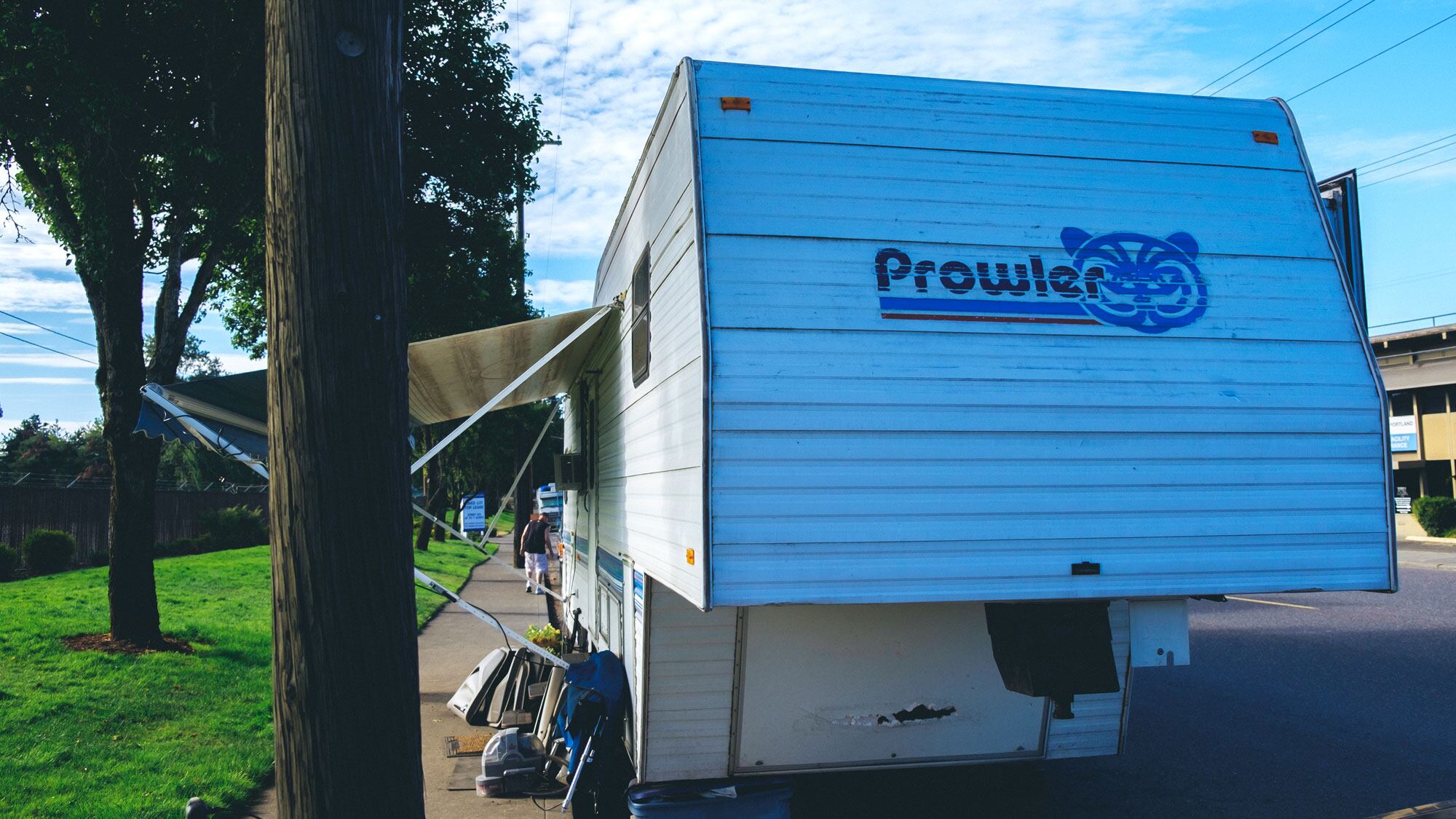I'm about to buy my first house. Unfortunately, my mom and sister
(both perfectly able-bodied) see this as their big chance to live rent-free by parking a double-wide in my yard. Even if I wanted this (I don't), it's illegal, right? Please say yes. —Trailer Park Boy
I sympathize, Trailer, with the struggle to leave one's hillbilly past behind. Despite the many airs I've put on over the years—"artist," "musician," "pundit"—I can never shake the suspicion that the box I originally came in was marked "One (1) Combine Harvester Mechanic, Extra Lumpy."
In any case, the answer to your question depends (like so many things) on how far out of the mire of poverty you've been able to climb.
If you're a real high-roller and you're buying your first house in a designated historic district like Irvington or Ladd's Addition, you're in luck: Manufactured homes are prohibited. (Plus, you can probably afford a hit man to bump off your family.)
Most other places in the city, however, a manufactured home (by and large, city code doesn't distinguish between "manufactured" and "mobile" homes) is permissible anywhere you can legally put a house. And given Portland's current infatuation with "accessory dwelling units," two homes on one lot should be no problem. So you're hosed, right?
Related: One thing you sure can do—rent out a tiny house in your driveway.
Not necessarily. While it's true that both kinds of dwelling fall into the same legal category, the rules for that category (outside of designated mobile home parks) are not particularly friendly to regular old trailers.
For example, you can put a mobile home on any lot—but that mobile home must have a pitched roof made of shingles, tile or cedar; an excavated, poured foundation; siding comparable to that of other houses in the neighborhood; and plumbing and sewer to code, etc.
In other words, a trailer is legal on a standard residential lot, as long as it's been completely converted into a house. Unless your family is willing and able to go this far, you should be fine—and if they are, there's always Two-Gun Tommy.

